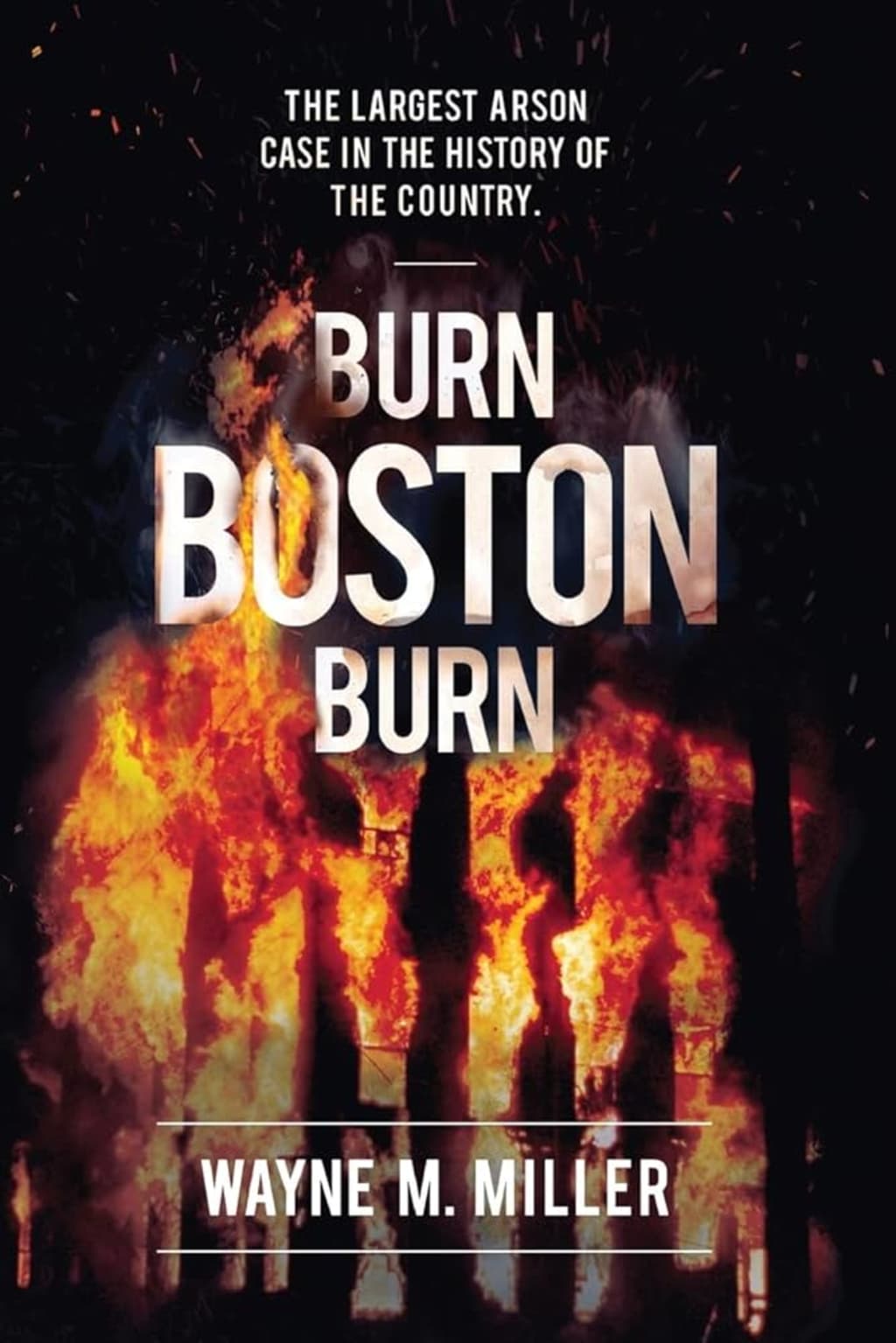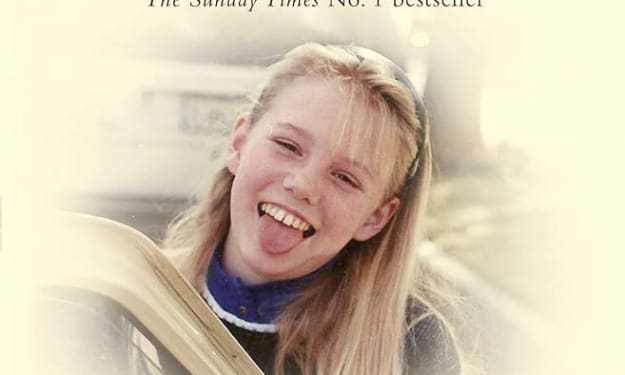"Burn Boston Burn" by Wayne Miller
Book club discussion prompts

A conspiracy of 9 men, including 3 Boston cops and a Boston firefighter, burned Boston and surrounding communities in the early 1980s due to tax-cutting measures that caused layoffs of hundreds of police and firefighters. Over 2 years, these fire buffs turned arsonists, torched 264 buildings, causing millions of dollars in damages and hundreds of injuries. The city was ablaze with nightly fires, sirens wailing through the streets and people too afraid to sleep. This book interweaves the activities of the arsonists with those of the investigators, the firefighters and the citizens of the area. Readers will shake their heads in disbelief at the brazen and wanton actions of these political terrorists.
About the Author: Wayne Miller was a Special Agent, Criminal Investigator and Certified Fire Investigator for the U. S. Treasury, Bureau of Alcohol, Tobacco and Firearms for 25 years. He has been involved in numerous high profile criminal cases involving illegal firearms, bombings and arson. He was also a member of the ATF National Response Team, responding to major fire and explosion incidents. For the past 17 years, in the private sector, Mr. Miller has been a fire and explosion analyst for the Massachusetts - based Wright Group, Inc. During his career, Mr. Miller examined more than 2,300 fire and explosion scenes, responded to over twenty-five major incidents, as well as testified as an expert in more than forty cases in Federal and State courts in civil and criminal cases.
Crime/Killer: Wayne Miller's first book is set in the early 1980s while Boston is set ablaze. Two hundred sixty-four buildings were burned intentionally set on fire, resulting in millions of dollars in damages and hundreds of injuries. This is the true story of the deep conspiracy of nine men, determined to wreak havoc on the city and the relentless investigators who uncovered them. Told from the perspective of the head ATF Special Agent in charge of the investigation, Wayne Miller, Burn Boston Burn is a tale of political deceit and internal corruption. The book details the series of crimes that shook the city of Boston and became known as one of the largest arson cases on record in the history of the country.
Discussion Questions:
- What were the main factors contributing to the surge in arson during the 1980s in Boston?
- How did the arsons affect the city of Boston, its residents, and its economy?
- What were the motivations behind these arsons? How did the perpetrators justify their actions?
- How did law enforcement and the fire department initially respond to the arson crisis? What challenges did they face in investigating and preventing these incidents?
- Discuss the impact of the "Charlestown fire" on the public perception of the arson problem. How did this incident shape the response to the crisis?
- In what ways did the arson crisis highlight the socioeconomic disparities within the city?
- The documentary explores the social and economic conditions that may have contributed to the rise of arson. What were some of these conditions?
- What strategies did law enforcement and the city's leadership implement to combat the arson problem? How effective were these strategies?
- Discuss the role of community engagement and cooperation in addressing the arsons. How did communities come together to combat the crisis?
- The documentary features interviews with various individuals, including law enforcement officers, firefighters, and community members. How do these firsthand accounts contribute to the understanding of the arson epidemic?
- Consider the ethical and moral dilemmas faced by those involved in the arsons. How do you think these individuals justified their actions to themselves and others?
- What lessons can be learned from the Boston arsons of the 1980s in terms of urban planning, law enforcement, and community involvement?
- Reflect on the broader themes of crime, justice, and socioeconomic disparities that the documentary raises. How do these themes relate to contemporary issues in society?
- What inspired you to delve into the world of true crime and start writing about it?
- How do you choose the cases you write about? What criteria do you consider when selecting a subject for your books?
- True crime often involves exploring dark and disturbing subjects. How do you personally handle the emotional and psychological aspects of researching and writing about such topics?
- Could you describe your research process? How do you go about gathering information, conducting interviews, and verifying facts?
- What challenges do you encounter when investigating and writing about true crime stories? How do you overcome these challenges?
- What role does storytelling play in your true crime books? How do you balance the factual aspects of a case with engaging narrative techniques?
- Do you have any particular ethical considerations when writing about real crimes and the people involved? How do you approach sensitive topics and portray real individuals in your work?
- True crime often involves exploring the psychology of criminals. How do you approach understanding and presenting the motivations and behaviors of those involved in the cases you write about?
- What impact do you hope your true crime books have on readers? Do you aim to educate, entertain, or provoke a certain response?
- How has writing about true crime changed your perspective on crime, justice, and society as a whole? Have there been any unexpected insights or lessons you've gained?
- True crime can sometimes sensationalize or exploit real tragedies. How do you ensure that your work maintains a sense of respect and empathy for the victims and their families?
- What are some of the most memorable interactions or experiences you've had while researching or promoting your true crime books?
- Do you believe there's a broader societal fascination with true crime? Why do you think people are drawn to these stories?
- Have you encountered any misconceptions or stereotypes about true crime authors or the genre itself? How do you address or challenge these perceptions?
- What advice do you have for aspiring true crime authors who want to approach the genre with integrity and depth?
- Are there any specific cases or topics you're particularly passionate about exploring in the future?
- How do you balance your personal views and biases with the objective approach required in true crime writing?
- In a rapidly changing media landscape, how do you see the true crime genre evolving, and what role do you believe it will play in the future?
About the Creator
Kristen Barenthaler
Curious adventurer. Crazed reader. Archery fanatic. Amateur author. Librarian.
Instagram: @kristenbarenthaler
Facebook: @kbarenthaler
GoodReads: https://www.goodreads.com/author/show/15101108.Kristen_Barenthaler






Comments
There are no comments for this story
Be the first to respond and start the conversation.